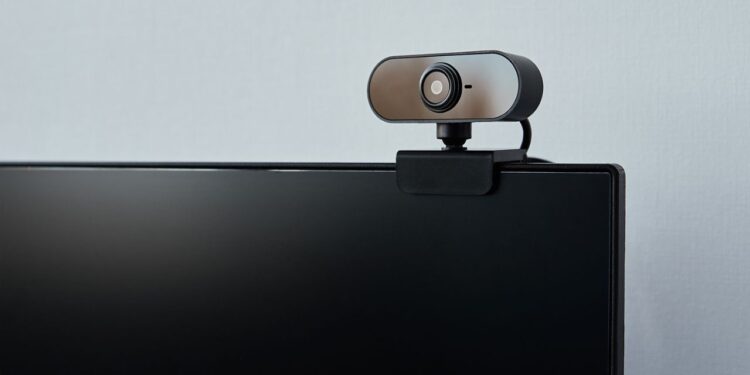Heard of ‘bossware’? This tongue-in-cheek term refers to the use of technology to monitor remote workers.
It’s invasive, but in most cases it’s perfectly legal.
However, one US company has been taken to court for firing an employee after he refused to keep his webcam on while working. The employee argued that his rights were breached, and the court ruled in his favor.
The former employee, based in the Netherlands, was told to share his screen and leave his camera on while working. After he declined, he was fired for “refusal to work” and “insubordination”.
According to the court record the employee said: “I don’t feel comfortable being monitored for nine hours a day by a camera. This is an invasion of my privacy and makes me feel really uncomfortable. That is the reason why my camera is not on. You can already monitor all activities on my laptop and I am sharing my screen.”
While the company argued that using video surveillance was no different from an employee being observed in an office environment, the court disagreed, citing a European Court of Human Rights ruling which finds “video surveillance of an employee in the workplace, be it covert or not, must be considered as a considerable intrusion into the employee’s private life”.
As companies continue to adjust to remote work, ‘bossware’ technology is becoming increasingly accessible and some employers use it to keep tabs on employees working from home.
However, this can create a culture of mistrust in an organization, leading to unhappiness and dissatisfaction among employees.



 Dr. Gleb Tsipursky – The Office Whisperer
Dr. Gleb Tsipursky – The Office Whisperer Nirit Cohen – WorkFutures
Nirit Cohen – WorkFutures Angela Howard – Culture Expert
Angela Howard – Culture Expert Drew Jones – Design & Innovation
Drew Jones – Design & Innovation Jonathan Price – CRE & Flex Expert
Jonathan Price – CRE & Flex Expert











